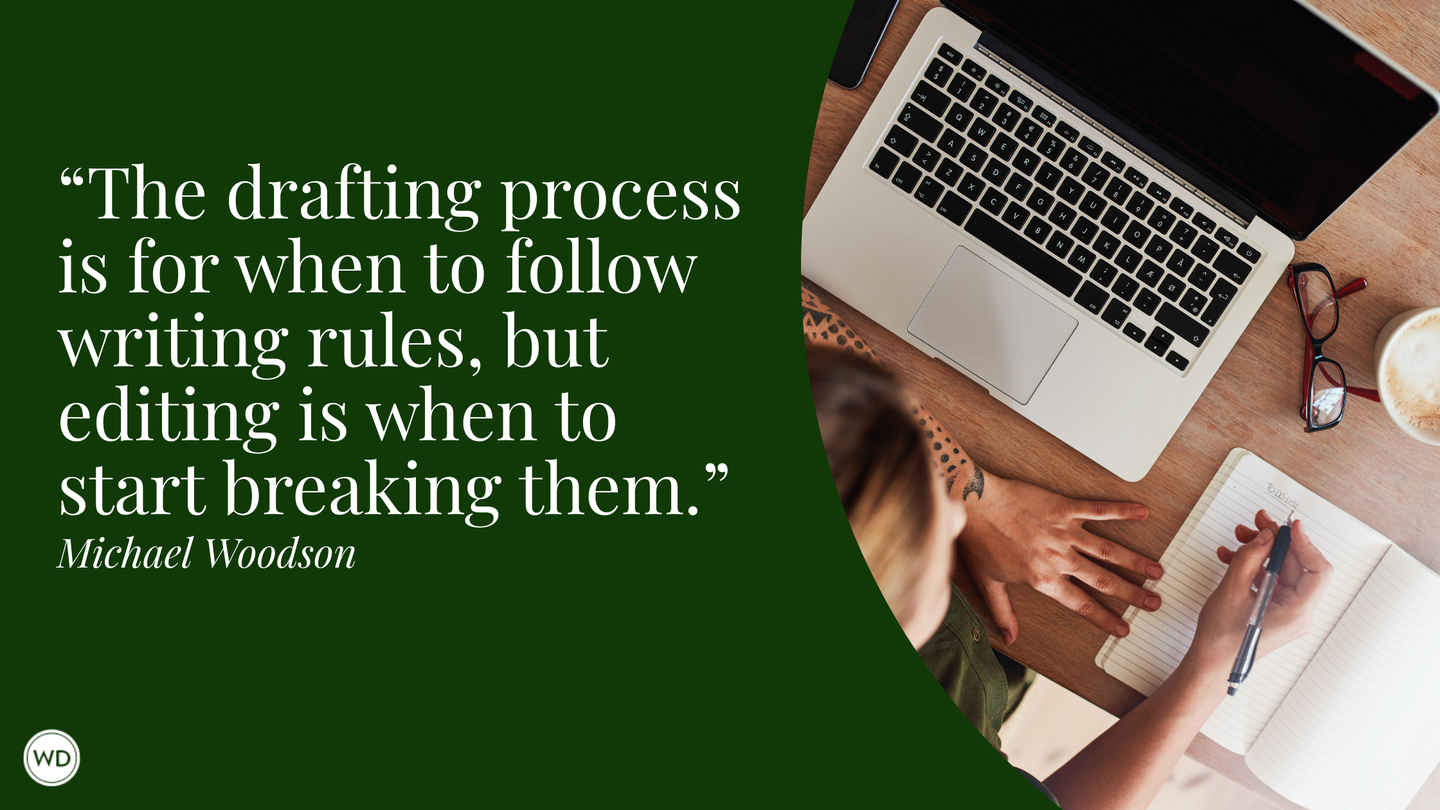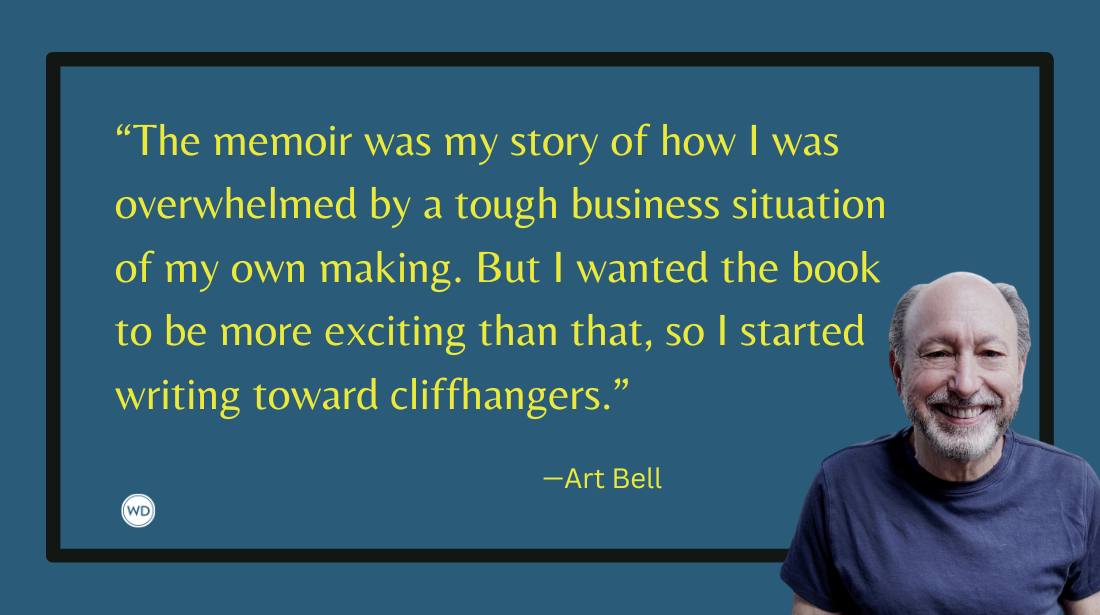Charlotte Fox Weber: On Exploring Human Desire
Writer Charlotte Fox Weber discusses the process of writing her debut self-help book, Tell Me What You Want.
Charlotte Fox Weber is a psychotherapist and writer. She cofounded Examined Life and was the founding head of The School of Life Psychotherapy. She grew up in Connecticut and Paris and now lives in London with her husband and two young children.
In this post, Charlotte discusses the process of writing her debut self-help book, Tell Me What You Want, her hope for readers, and more!
Name: Charlotte Fox Weber
Literary agent: Adam Gauntlett at PFD
Book title: Tell Me What You Want
Publisher: Atria
Release date: April 11, 2023
Genre/category: Self-help
Elevator pitch for the book: A psychotherapist’s guide to exploring our deepest desires, Tell Me What You Want is written about real people struggling to understand what matters and facing their secrets.
What prompted you to write this book?
Desire is energy and motion, and it gives shape to our experiences. I’m not just interested in exploring sexual desire, though that too, of course, but all the things we want from life. Therapy is a space that can be exciting and confrontational—with our own minds.
I found that in my own personal experience of therapy, therapists didn’t ask me what I wanted—from therapy or from life. I waited to be asked and I just kept waiting. I now realize I waited because I was too embarrassed to go there, and as seemingly open as I was in some ways, I hid a great deal too.
When we come out from hiding, we can breathe more easily. It’s liberating and expansive to look at what we want, and even though we can’t get everything we desire (there’s always loss and deprivation) something is possible. Our conflicts with desire form the stories of our lives. Hiding from the conflict is a quiet tragedy and I love waking people up to see fresh possibilities. Whatever our circumstances, exploring our deep desires gives us options and emotional vitality.
How long did it take to go from idea to publication? And did the idea change during the process?
For most of my 20s and early 30s, I was a chicken about writing—I had the idea of writing about what we want for a long time. I was scared of failing or caring too much and embarrassing myself. Some part of me believed in myself, even though I was full of doubt and fear, and so I just began writing. When I got a book deal, I was time-impoverished and had a 5-year-old and a newborn. Perfect!
It was the spring of 2020, and the world was so disturbing and uncertain, I loved immersing myself in the writing process. I discovered that attention is the most ordinary but difficult longing. We all want attention but it’s so awkward and exposing to be upfront about this longing.
Children show the wish for attention in such a beautiful way, and we tend to give it to them or at least not shame them for wanting to be noticed. Wanting attention and giving attention is a lot of what helps therapy become meaningful. I gave my writing attention too and it became something real.
Were there any surprises or learning moments in the publishing process for this title?
I felt lucky to have support from publishers. Beyond the fact that publishers make books come into the world, engaging with ideas closely is emotionally intimate. I felt cared for, being edited and supported by publishers. And very grateful.
The process of writing a book and having it come to life is exciting and overwhelming and vulnerable. Vulnerable in the sense that anything real is exposing, and a book that’s out in the world is no longer a safe fantasy of perfection.
Sometimes we prefer to stay in the fantasy realm because real life can be disappointing. I’m much happier having my book exist in the world, but it made me realize how much I’ve held back in certain ways because I’ve been terrified of being exposed as a fool or an egomaniac. Being real is such a relief and the fact that my book is real reminds me that anything worthwhile is vulnerable.
Were there any surprises in the writing process for this book?
Writing is incredibly hard and unbelievably enjoyable. I had fun writing parts of this book and it was demanding. I write best when I let go of perfectionism. If I aim for perfection, I begin questioning and second guessing every word. It’s torture.
I’ve needed to be a little messy to trust that I’m allowed to keep going and we can deal with the mess at a later moment. Self-compassion has been more helpful to me than self-flagellation.
What do you hope readers will get out of your book?
I hope readers feel excited and interested in understanding their own darkness as well as glimpsing what goes on in the minds of other people. I want people to be curious about desire.
If you could share one piece of advice with other writers, what would it be?
Throw a lot at the wall and see what sticks. The perfect sentence might not make it, but something will. When I’m compulsive and perfectionistic, I become exacting and think that I can’t get a word wrong or make a single mistake. That’s when I write very little. When I let myself actually enjoy the creativity of the process, it’s exhilarating. So let yourself enjoy writing and reading and discovering.
Robert Lee Brewer is Senior Editor of Writer's Digest, which includes managing the content on WritersDigest.com and programming virtual conferences. He's the author of 40 Plot Twist Prompts for Writers: Writing Ideas for Bending Stories in New Directions, The Complete Guide of Poetic Forms: 100+ Poetic Form Definitions and Examples for Poets, Poem-a-Day: 365 Poetry Writing Prompts for a Year of Poeming, and more. Also, he's the editor of Writer's Market, Poet's Market, and Guide to Literary Agents. Follow him on Twitter @robertleebrewer.








